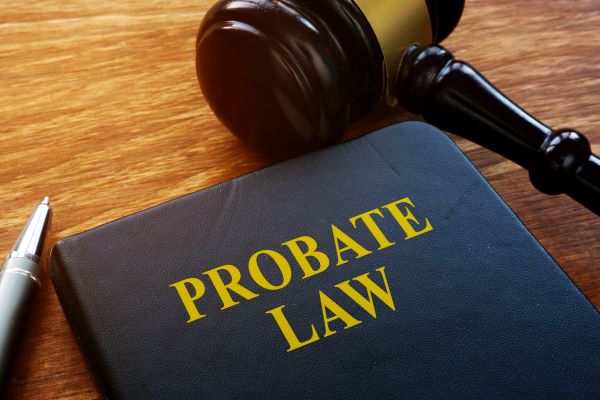
7 Key Points of Power of Attorney
You do not currently have a featured image set for this post. To set your featured image, click on the circular Meta View button and set your image in the box on the bottom right.
The most basic definition of power of attorney is that it provides legal authority another person or organization to act in your behalf in certain circumstances.
While this may come in different forms (healthcare, special, durable, etc.), each contains the common element that the person who assigns power of attorney is giving another party the ability to act in his or her stead.
Assigning general or durable power of attorney is an important step in creating a thorough estate plan. It protects you and your property in the event you become incapacitated, as you know the person to whom you have assigned power of attorney—known as your “agent”—will act in your best interests and per your wishes.
The following are seven important pieces of information to know about power of attorney as you prepare to work with an estate planning attorney:
1) What does a power of attorney do for me? In the event of your incapacitation, the agent acts on your behalf on various legal, financial and/or healthcare matters, as outlined in your agreement.
2) Why is it important to have an attorney-in-fact? If you have not specified who will be your agent, you risk not having your wishes carried out upon your incapacitation. This could lead to some stressful and unnecessary legal battles, during which you will not be able to specify your actual wishes. Rather than having your loved ones argue in court about what you would have wanted, you can clearly specify your wishes and have someone act and make decisions for you.
3) To whom should I assign power of attorney? You should only assign power of attorney to someone who has your full trust. Choose a relative, friend or attorney who you feel confident will look out for your best interests in all circumstances—especially when you are most vulnerable.
4) Can I change who has power of attorney? You and your attorney will need to sign a document that names your agent. After this document has been certified, you are still able to change who has power of attorney at any time, or completely revoke the document altogether.
5) When does power of attorney go into effect? A durable power of attorney is effective immediately without any medical finding or opinion. A springing power of attorney arrangement only goes into effect when you are unable to make decisions because of mental or physical ailments, or because of your physical absence. In healthcare settings, it typically takes a doctor signing a form stating you are not “of sound mind” to make decisions for yourself.
6) What is the best way to assign power of attorney? Many people choose to assign power of attorney through a living will. This document specifies the types of end-of-life care you wish to receive and goes into effect upon your incapacitation.
7) What happens if I am no longer incapacitated? If you have a springing power of attorney and recover from the incapacity event or illness, then with a doctor’s or medical opinion to support that you have regained the ability to make decisions for yourself, your agent can no longer make decisions for you.
For more information about power of attorney and other key elements of your plan for the future, work with a skilled Ohio estate planning attorney right away.



